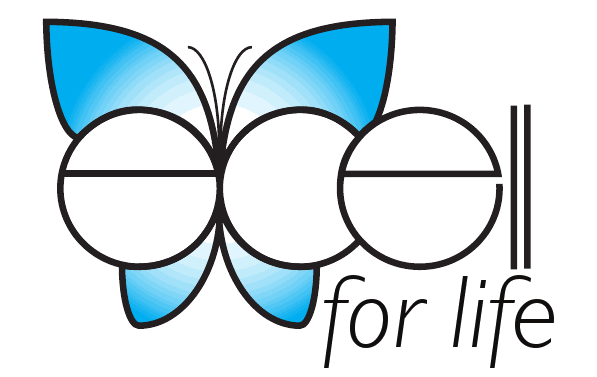The GAPS (Gut and Psychology Syndrome) Diet
There has been a lot of discussion about how what we eat can affect not only our physical health, but also our mental health. Digestive problems such as abdominal pain, diarrhea, constipation, Crohn’s Disease, gluten intolerance, ulcerative colitis, diverticulitis, and Celiac Disease all can be affected by our food. There has also been evidence that the state of our digestive systems can be a reflection of and contribute to serious behavioral problems, such as Autism, Attention Deficit Disorders, depression, mood disorders, learning disabilities, and psychotic disorders. People who suffer from immune disorders, food allergies, neurological disorders, fibromyalgia, chronic fatigue, and rheumatological disorders can also be affected adversely by their diets.
Dr. Natasha Campbell-McBride, a Russian neurologist and nutritionist, developed the Gut and Psychology Syndrome Diet to try to help her own son who suffered from symptoms of Autism, and her book, The Gut and Psychology Syndrome, explains the diet in detail. Dr. Campbell-McBride says that her son, after following this diet, is now a well-functioning young man. Her theory is that we absorb toxins from the foods we eat because the walls of the intestines in our digestive systems are damaged from an imbalance of intestinal flora. The damaged digestive system doesn’t break down food as it should, and toxins from the undigested food and also chemical and preservatives are absorbed into our systems through the damaged gut wall. This is also called “Leaky Gut”. The immune system then reacts to these toxins, resulting in physical and mental disorders.
The first step in the GAPS diet is to “heal and seal” the lining of the intestines, or gut, starting with the Introduction Diet. It consists of homemade meat or fish stock. This broth has a soothing effect on the gut. You must consume only homemade stock, made from joints, bones, and meat, as commercial bouillon cubes or soup stock is highly processed and contains irritants. Cooked vegetables can be added, as well as garlic. It is actually important to eat garlic daily.
Probiotic foods, such as yogurt, whey, and kefir are essential to gut healing. Drink ginger tea, mint tea, and chamomile tea with a little honey between meals. Again, it should be homemade.
In the second stage, continue the soup with more meat off the bone. Add one organic raw egg yolk to each bowl of broth, and next you can add soft-boiled whole eggs if the egg yolks have been well-tolerated. Increase daily amount of homemade yogurt of kefir and the amount of juice from sauerkraut or fermented vegetables. You may also introduce homemade ghee (butter). Follow up with your doctor and/or nutritionist to determine when you are ready to advance to the next phase.
In the next stages, avocado is added and freshly pressed juices are added. Homemade bread made with ground almonds or other nuts and seeds ground into flour made be introduced in small amounts.
The GAPS patient should completely avoid starches and sugar for two years at least. This means no grains, potatoes, yams, parsnips, or anything made from them. Fermented foods should be eaten with every meal to help digest the meal. Plenty of natural fats should be consumed in every meal—from organic meats, butter, ghee, coconut, and cold-pressed olive oil. The fat level will help suppress cravings for carbohydrates and regulate the blood sugar level. Adding one teaspoon of cider vinegar to each glass of water you drink has an important alkalizing effect on the body. No soft drinks or anything made from soy are allowed.
All processed foods are to be avoided—nothing with preservatives, flavorings, artificial colors, or other chemicals is to be eaten. It is best to replace table salt with Celtic Salt or Himalayan Crystal Salt. Make nut or seed milk to replace cow’s milk. You can use almonds, sunflower seeds, sesame seeds and pine nuts to make the milk.
High quality supplements are also part of the GAPS diet. Fatty acids like cod liver oil and fish oil, vitamin A, digestive enzymes and high-quality probiotics should all be included. Excell has everything you need in the way of the highest quality GAPS supplements.
This diet does require major changes for most everyone who is used to the typical Western diet that is full of sugar and chemicals. It does, however, allow the digestive system to heal and it seals the gut lining to help prevent the immune system from having to deal with toxins that are consumed, thus making recovery from all sorts of physical and mental ailments a possibility. Most people don’t have to adhere to this special diet for the rest of their lives, but they should gradually introduce most other wholesome foods that are without excess sugar and preservatives. Dr. Campbell-McBride’s book, The Gut and Psychology Syndrome, outlines the diet completely and also contains useful recipes.
Talk to your healthcare provider about how the GAPS diet may help you or someone you love.

